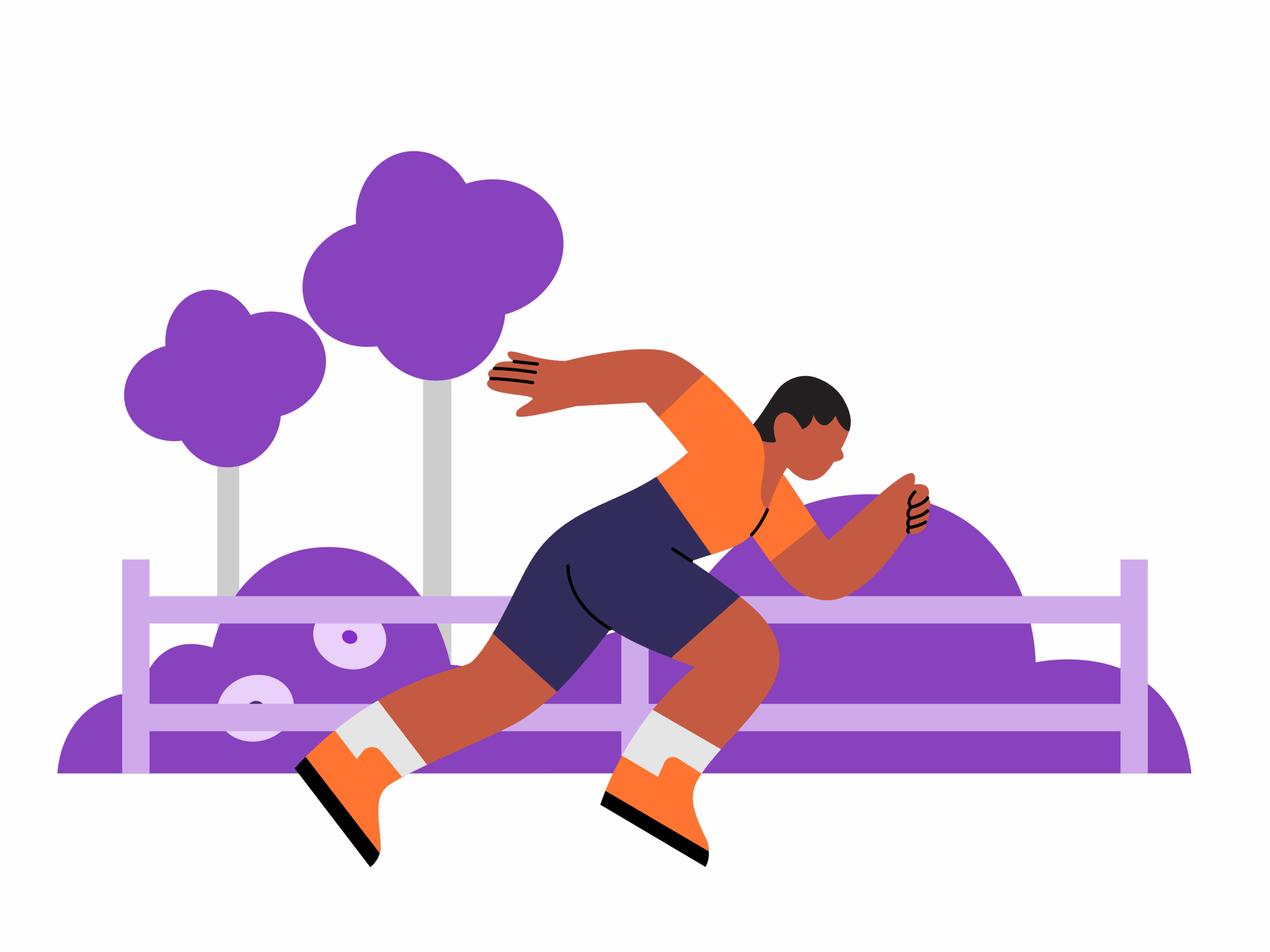Category: All Articles
Can Bulimia Kill You?
Of all mental health disorders, eating disorders are often considered the most dangerous and deadly. In fact, they have the second-highest mortality rate of all mental illnesses.1
Bulimia & Anemia
The disordered eating and behavioral patterns associated with bulimia nervosa (BN) (e.g., self-induced vomiting) can cause the body to become deficient in a variety of necessary vitamins and minerals. When the condition leads to a low iron count, it can lead to anemia.
Bulimia and anemia occur together at a rate of 11%.1 The joint conditions can be especially dangerous, so it’s important to keep a number of precautions in mind.
Bulimia And Laxative Misuse
Many people with bulimia nervosa (BN) or other eating disorders misuse laxatives in the hopes of losing or controlling weight. But this practice is not only ineffective, it can also be dangerous.

Eating Disorders: About Muscle Dysmorphia and Body Image
Trying to achieve or maintain a muscular physique is not a harmful desire, but when muscle development becomes an obsession pursued at all costs, it can seriously affect a person’s day-to-day life.

How Does Bulimia Affect Your Jaw?
“Bulimia jaw” is a term for several symptoms that can result from the purging aspect of bulimia nervosa (BN). It can refer to swelling, intense pain, and a misalignment of the jaw, and it sometimes requires surgery to correct.
Death From Anorexia: What Happens to the Body?
Anorexia nervosa (AN) is a serious mental health condition that can have devastating consequences if left untreated for too long.
Risk Factors & Predictors of Anorexia
There are a number of indicators that can put you at risk of developing anorexia nervosa (AN) and other mental health complications. Things like your family history with mental health conditions, your physiology, the way you think about your body, and your cultural upbringing can all be potential anorexia risk factors.
The Relationship Between Bulimia, Acid Reflux & GERD
Ongoing research suggests a relationship between bulimia nervosa (BN), a serious eating disorder, and acid reflux.
Anorexia Symptoms
Anorexia is a serious eating disorder that has physical, mental, and behavioral symptoms. People who have anorexia have an intense fear of gaining weight and severely restrict food and calorie intake to the point of malnourishment, as well as exercise excessively to avoid gaining weight. They have a distorted body image, believing they are larger than they actually are.1
The Effects of Bulimia on the Parotid Gland
Bulimia can impact the parotid glands, which are salivary glands that lubricate the lining of the mouth and help break down food as part of the digestive process.

The Impact of Media on Eating Disorders
Eating disorders, such as binge eating disorder and anorexia, are complex mental illnesses caused by a variety of overlapping factors that can take a serious toll on both physical and mental health.
Can Bulimia Cause Swollen Glands?
Bulimia nervosa (BN) is an eating disorder characterized by purging cycles after meals or binge eating, which can cause a wide range of medical complications. While not all are visible, swollen parotid glands, the body’s largest salivary glands, located just under the ears, are a common outward sign of bulimia. This causes the cheeks to appear puffy and is referred to as “bulimia cheeks.”
The Dangers of ‘Pro Ana’ Websites
Pro-anorexia websites and similar content represent a significant source of potential harm to people struggling with anorexia nervosa (AN) or those at risk of developing this eating disorder.
Bulimia Nervosa in Men & Boys
Though people tend to associate eating disorders exclusively with young, white, thin cisgender women, these conditions impact people of all ages, races, ethnicities, sizes, and gender identities, including cisgender men.
In fact, the number of men diagnosed with an eating disorder jumped up by 70% between 2008 and 2018.1 The actual number may be even higher, as subconscious bias, not knowing signs and symptoms, shame, denial, and other factors can lead to underreporting.
Eating Disorder Statistics & Trends
Eating disorders are one of the most difficult illnesses to track for a number of reasons. Current statistics suggest a small percentage of the overall population experiences these conditions, yet it’s almost certain that many more people struggle with an eating disorder without ever being diagnosed.
What is Bulimia Nervosa (BN)?
Bulimia nervosa (BN) is a serious eating disorder involving cycles of binge eating and purging.
Many factors can cause or contribute to bulimia nervosa, and the disorder impacts people of all ages, genders, and races. Thankfully, there are also a number of treatments for bulimia nervosa that have been found effective.
What Is Food Addicts Anonymous?
Food Addicts Anonymous is a support group designed for people who have addictions to food. This program emerged from the tradition of Alcoholics Anonymous, a highly successful 12-step program founded in 1935 that has helped countless people recover from alcoholism.
How Effective is Eating Disorder Therapy?
Eating disorders like bulimia nervosa (BN), anorexia nervosa (AN), and binge eating disorder (BED) are among the most complex mental health conditions. They generally arise from a combination of biological, environmental, and psychiatric factors and have deep impacts on physical, mental, and emotional well-being.
Residential Treatment for Bulimia and Other Eating Disorders
Eating disorders like bulimia nervosa (BN), anorexia nervosa (AN), binge eating disorder (BED), and others are serious mental health concerns that can impact physical, emotional, and mental well-being.
Group Therapy for Bulimia and Other Eating Disorders
Eating disorders like bulimia nervosa (BN) are complex mental health conditions, and often, a number of different therapeutic techniques are used to help someone recover, including group therapy.
Intensive Outpatient Treatment for Bulimia and Other Eating Disorders
All eating disorders are serious mental health conditions and should be taken seriously from a treatment perspective. However, how long someone has struggled and the symptoms they’ve developed may call for different levels of care.
Bulimia Side Effects: Long-Term and Short-Term
Bulimia nervosa (BN) is a serious mental health disorder that can lead to a number of physical, mental, and emotional consequences.
How to Help a Friend or Loved One with Anorexia
Anorexia nervosa (AN) is a serious condition impacting emotional, physical, and mental well-being. If you have a loved one with AN, it may feel scary or overwhelming to watch them struggle with the eating disorder.
Guide to Cultivating a Healthy Body Image
The term “body image” can refer to several different ideas, including how you think about your body, how you feel about your appearance, and how you perceive your body size and shape.1 These factors can greatly affect your mental and physical health and overall well-being.
Inpatient Treatment for Bulimia: What to Expect
When treating eating disorders like bulimia nervosa (BN), there are not only different types of therapies to help but also different levels of care. These levels represent the intensity of treatment, ranging from inpatient eating disorder treatment to outpatient programs.

The Importance of Family During Eating Disorder Recovery
Eating disorders and family may not seem to go together. However, the involvement of family and loved ones in someone’s eating disorder treatment and recovery can make a huge difference.
Eating Disorders Among People of Color
Over the years, certain stereotypes have developed around eating disorders, including the idea that they primarily affect white women and girls. Of course, this isn’t actually the case. Disordered eating behaviors and the negative self-image and poor self-esteem that often drive them impact people of all genders, races, and ages.
I Feel Dehydrated | Bulimia Symptoms of Concern
Bulimia nervosa (BN) is a serious mental health condition that can cause a number of physical, mental, and emotional complications. While some medical complications of bulimia nervosa are well-known, others, like dehydration, are less understood but can still be problematic.
Partial Hospitalization Programs for Bulimia
A partial hospitalization program (PHP) is a type of treatment for bulimia nervosa (BN) and other eating disorders.
This level of care is essentially a middle-ground, falling between residential or inpatient treatment and a typical outpatient treatment program.
How Anorexia Affects the Teeth
Anorexia nervosa (AN) is a dangerous eating disorder that can have a number of effects on physical health, including oral health. “Anorexia teeth” is a term for the damage the condition can do to the teeth, mouth, and soft palate due to poor nutrition and other potential complications.
Finding appropriate care for AN is paramount for recovering from the condition and addressing any impact it may have on oral health.
